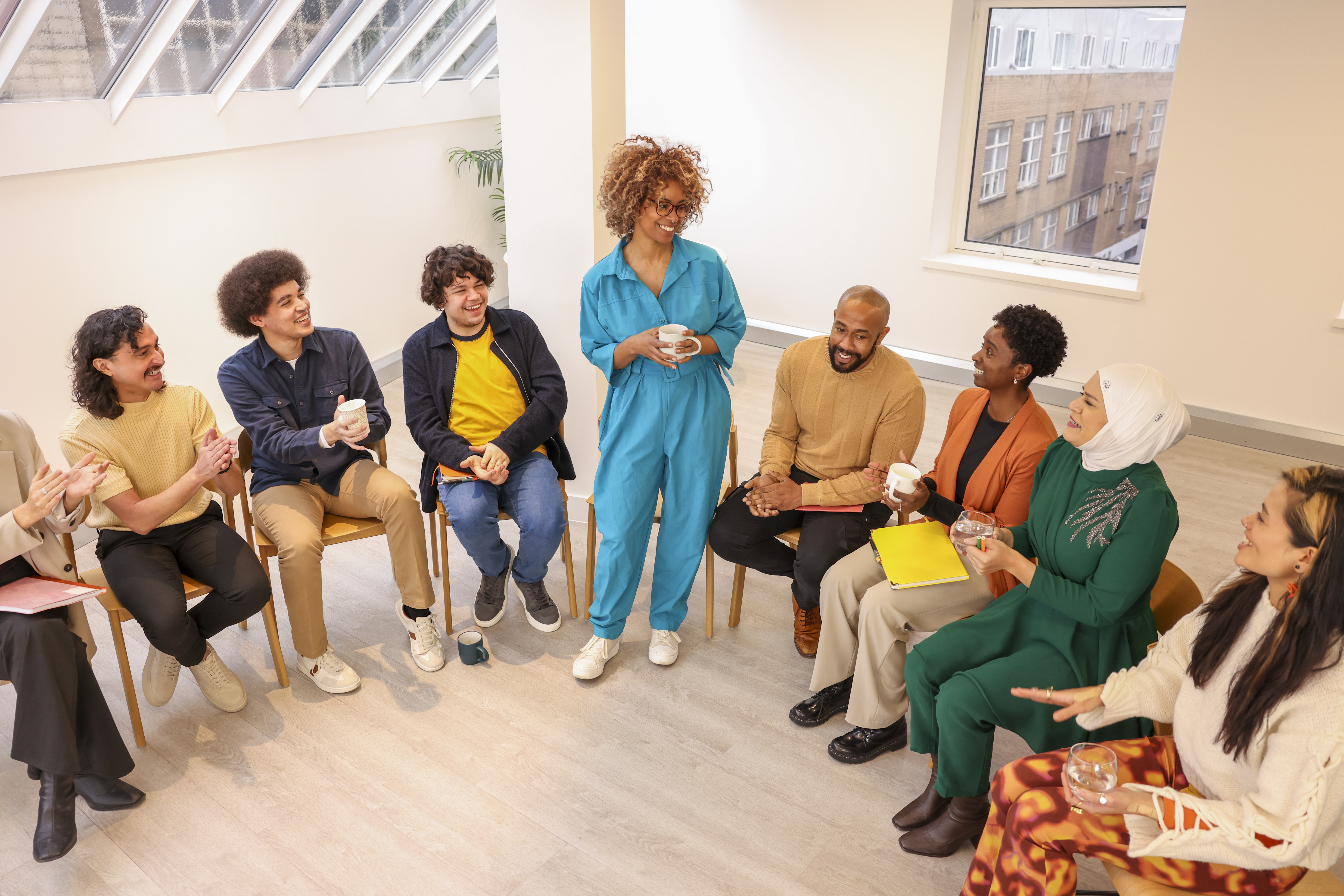
Harmonizing Healing: Safely Blending Natural and Conventional Cancer Treatments
Harmonizing Healing: Safely Blending Natural and Conventional Cancer Treatments
Most people feel torn between natural cancer treatments and conventional cancer treatments, unsure how to blend them safely. You deserve a clear path that respects both your body and medical guidance while nurturing your whole self. In this post, you’ll find practical steps to bring these approaches together, creating a balanced, holistic cancer care plan that supports your mind-body wellness every day. For more information on complementary and alternative therapy options, visit this link.## Understanding Cancer Treatments

When facing a cancer diagnosis, understanding your treatment options is crucial. This knowledge empowers you to make informed decisions that align with your personal values and health goals. Let's dive into the two main types of treatments available: natural and conventional.
Natural Cancer Treatments Explained
Natural cancer treatments focus on harnessing the body's innate healing abilities. These treatments often include dietary changes, herbal supplements, and mind-body practices like meditation and yoga. For example, many people explore the benefits of a plant-based diet to support their immune system. A study published in Integrative Cancer Therapies found that 62% of cancer patients use some form of complementary therapy.
Choosing natural options involves careful research and consultation with healthcare professionals to ensure safety and compatibility with your primary treatments. In addition, it's essential to recognize that while these treatments can support overall well-being, they are not substitutes for conventional medical care. You can learn more about the science behind alternative therapies here.
Conventional Cancer Treatments Overview
Conventional treatments are the backbone of cancer care, involving tried-and-tested methods like surgery, chemotherapy, and radiation. These methods aim to target and eliminate cancer cells directly. For instance, chemotherapy uses drugs to destroy cancer cells, while radiation focuses high-energy waves on cancerous areas.
Working with a trusted oncologist is key to navigating these options. Your medical team will develop a tailored plan based on the type and stage of cancer you're dealing with. It's crucial to maintain open communication with your healthcare provider to address concerns and adapt your treatment as needed. Read more about the benefits of conventional treatments at Cancer.gov.
Creating a Personalized Care Plan

Integrating various treatment options can seem overwhelming, but creating a plan tailored to your unique needs can make this journey more manageable. Here's how you can balance different treatments safely and incorporate mind-body wellness into your routine.
Balancing Treatments Safely
Combining natural and conventional treatments requires a strategic approach. Start by consulting your medical team about any natural therapies you're considering. They can help assess potential interactions between supplements and medications.
List all treatments: Keep a detailed record of every treatment you use, both natural and conventional.
Consult professionals: Regularly update your healthcare providers on any changes.
Monitor effects: Pay attention to how your body responds and adjust as necessary.
Remember, your safety is the priority. The goal is to find a balance that supports your overall health without compromising the effectiveness of conventional treatments.
Mind-Body Wellness Practices
Incorporating mind-body wellness practices can enhance your overall treatment plan. Techniques such as meditation, deep breathing, and guided imagery can reduce stress and improve mental resilience. Research shows that 45% of cancer patients use at least one mind-body practice to cope with their diagnosis.
These practices offer a way to calm the mind and focus on healing. For example, dedicating just 10 minutes a day to mindfulness meditation can significantly reduce anxiety and enhance your quality of life. It's about finding what works best for you and consistently making time for these practices.
Building a Supportive Community

Creating a supportive network is vital for emotional well-being during cancer treatment. Engaging with others who understand your journey can provide comfort and strength.
Joining The Cancer Conversation
Being part of a community allows you to share experiences and gain insights from others facing similar challenges. Many find support groups invaluable for emotional encouragement and practical advice. Online forums and local meet-ups offer spaces to connect and discuss your journey.
In addition, participating in workshops or webinars can expand your knowledge about various treatment options. The Cancer Conversation offers a wealth of resources to help you stay informed and empowered throughout your journey.
Sharing Personal Stories 🩺
Every person's cancer journey is unique, and sharing your story can be both healing and inspiring to others. Personal stories provide hope and demonstrate the resilience of those touched by cancer.
Consider journaling your experiences or contributing to a community blog. Your insights could offer solace and guidance to someone feeling lost or overwhelmed. Remember, your voice matters, and by sharing your experiences, you help weave a tapestry of strength and solidarity.
In summary, blending natural and conventional cancer treatments requires careful consideration and support from medical professionals. By building a personalized care plan and engaging with a community, you can navigate this journey with confidence and hope.







